Pap Smear and Pelvic Exam
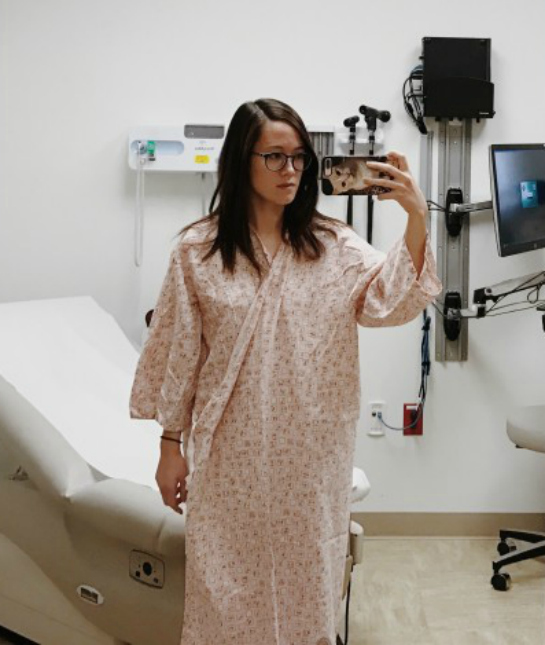
Health screenings and regular medical checkups are key in preventing early death or even expensive medical treatment. The earlier symptoms are caught, the earlier treatment can begin and, often, the better the long-term outcomes and quality of life. Yes, making appointments is a hassle and showing up for them takes time. They can also be unpleasant. But that doesn't mean you should avoid them. Here are 19 health checkups you should get on the calendar.
Women 21 years and older should make an appointment with their gynecologist for a pelvic exam and pap smear. Depending on your age and the results of your cervical cell screenings, your doctor will recommend you return annually, every other year or every three years.
Mammogram

Women in their twenties should get clinical breast exams every few years (this is in addition to doing monthly breast self-exams). At age 40 or 50, depending on her doctor's recommendation, women should get their first mammogram. She should then get a mammogram, per her doctor's recommendation, every year or every other year to screen for early signs of breast cancer.
Dentist
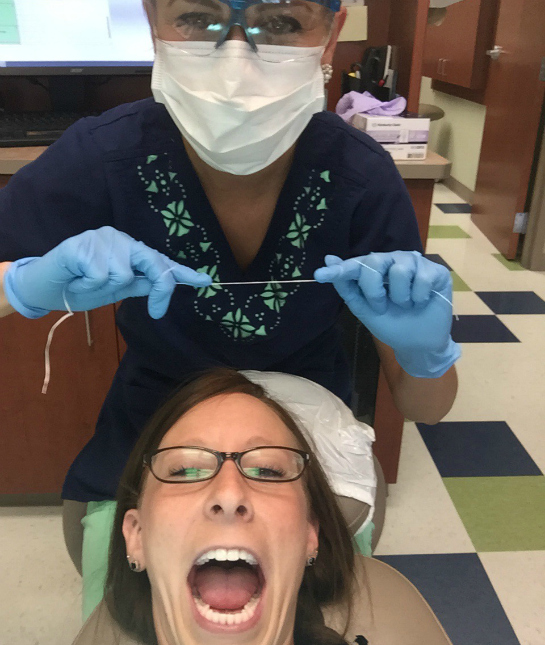
Find someone great through a recommendation from a friend and go twice a year, just like you do with your kids, just like you did when you were a kid. Get whatever treatments your insurance covers, and get on top of good gum health. Also, floss daily. No, really.
Optometrist

We spend a lot of time on screens, large and small, and our eyesight pays the price for all of it. Annual visits to the optometrist are a fundamental part of taking care of our overall health. Not only will you figure out why you're getting frequent headaches, but you'll also be able to get a baseline screening of your retina's health, a chance at early glaucoma detection and also probably get more information than you ever wanted on the harms of screens and the necessity of blocking the damaging light they emit.
Dermatologist

No matter what your skin tone, you should be inspecting your skin at home regularly and flagging any questionable moles, skin tags or spots with your dermatologist (they won't laugh if it's nothing). You also want to check in with a dermatologist if you notice sudden hair loss. It could be a sign of bigger health issues.
Podiatrist

Years of high heels on our young feet leave the older version of them less than perfect. Pregnancies, mid-life weight gain and other factors also contribute to the reshaping of our feet. Regular visits to the podiatrist can flag potential problems. They can offer therapies (and recommend changes!) that slow or prevent them from becoming debilitating. They'll also let you know that the bruise underneath your toenail? It's actually a fungus. (They'll also tell you how to treat it.)
Physical
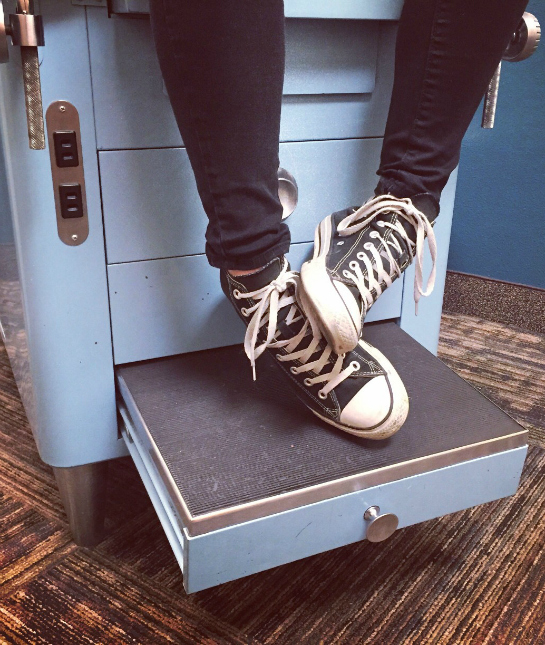
No matter your age, women should get a regular health checkup and physical from their doctors. Initial appointments establish baselines for health—blood pressure, height and weight, previous medical issues, current concerns—and can be the first step in treatment or highlight symptoms that may have otherwise gone unnoticed in future physical checkups. Once you're in your twenties, you should get a physical every year.
Blood Screening
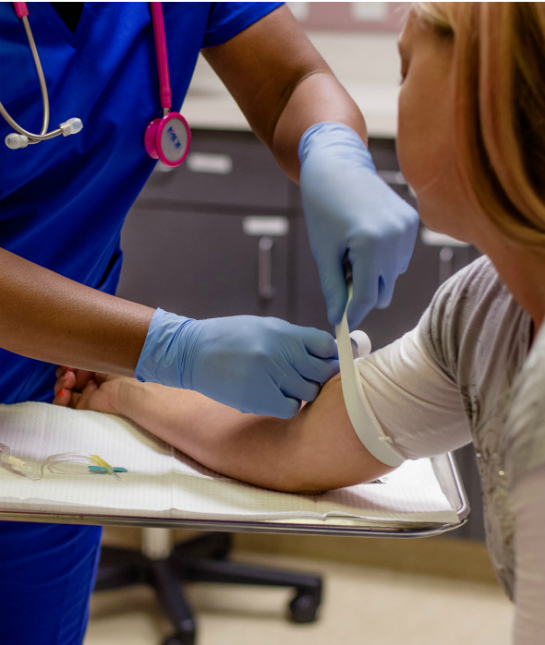
Your blood says a lot about your health and can show signs of health issues. Regular blood screenings can monitor for cardiovascular risk factors, blood sugar levels, liver and kidney function, immune system wellness and hormone balance. Bloodwork also lets your doctor know your iron levels, whether you've got an electrolyte imbalance and red blood cell count.
Hearing

Hearing diminishes as people age and, for some, it happens earlier than they think. Rule out other potential causes of hearing loss by getting screened regularly. Early detection could mean slowing the progress—and ease frustrations you experience by no longer having the ability to hear people whispering across the room.
Bone Density Test
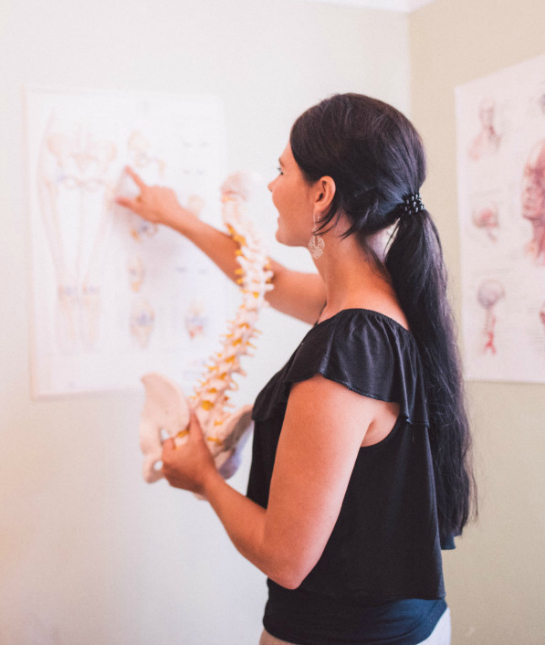
Women age 65 years or older should get regular bone density tests. Younger women who show any of the risk factors for osteoporosis, such as a small frame or frequently fractured bones, should talk to their doctors about getting a baseline test.
Gastroenterologist
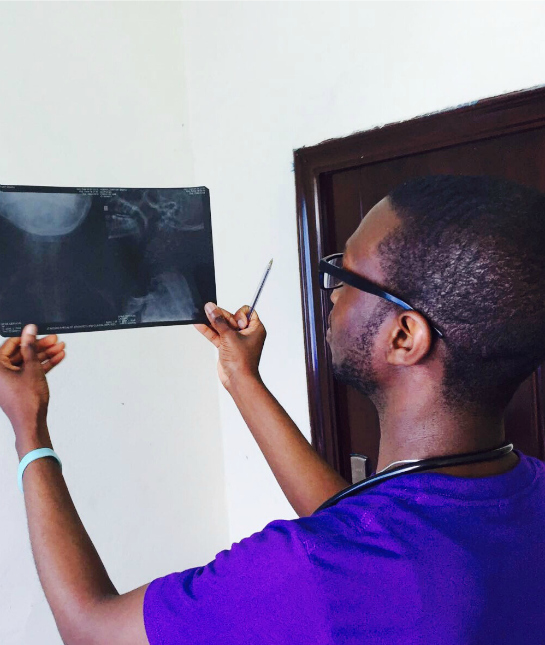
If you're over 50, you need to make an appointment with a gastroenterologist for a regular colon health screening (in the form of a colonoscopy). As uncomfortable as they may seem, they're life-saving. You should also see your gastroenterologist if you're experiencing any kinds of troubles with bowel movements, suspiciously dark urine, rectal bleeding, or even heartburn and acid reflux, They've seen it all, so don't be embarrassed.
Ear, Nose and Throat Doctor
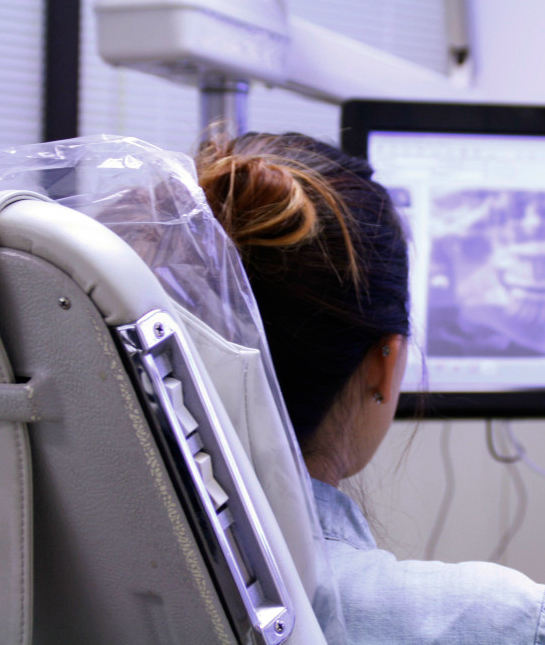
If you experience any frequent issues in your ears, nose or throat—or if you experience dizziness or vertigo—get in to see an ENT. Ear infections in adults can be serious and should be diagnosed and treated quickly.
Psychologist or Family Therapist
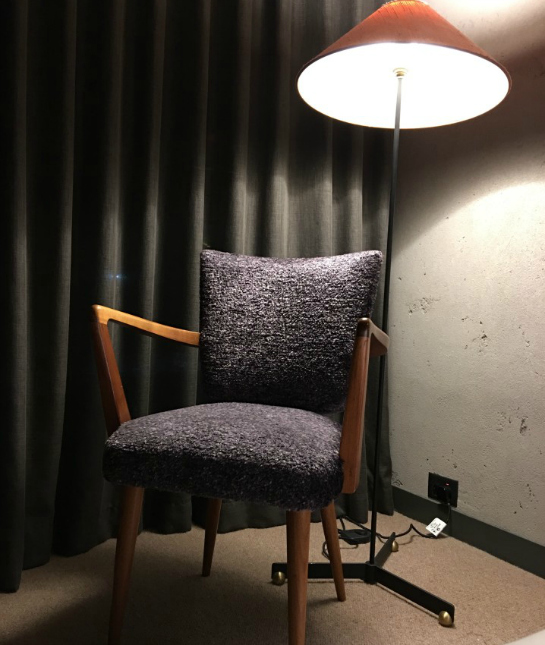
Life happens, relationships are hard and sometimes we know something's wrong but we don't exactly know what. In times like these, even if it's not at crisis levels, it's helpful and healthy to talk to a professional. A licensed therapist, medical doctor or family therapist can help sort through the issues, and recommend therapies and practices that guide changes in your actions or thinking.
Allergist
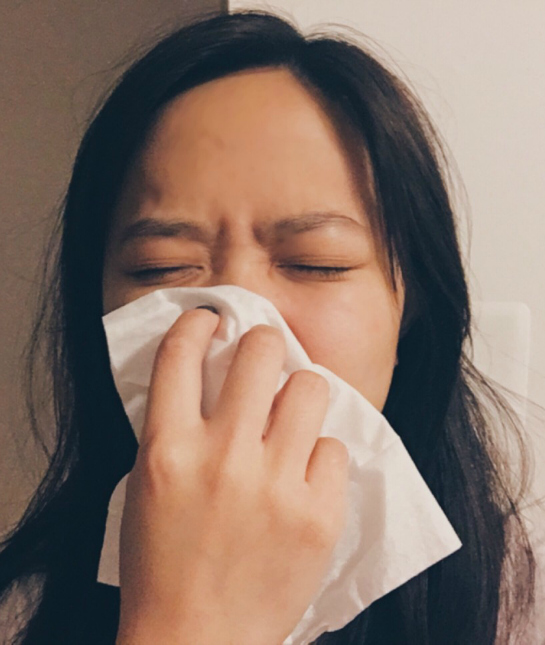
Seasonal allergies are common, but if you're experiencing frequent sinus infections, troubled breathing or are, in general, sneezing, sniffing and itching too much, it's time to see an allergist. Frequent tummy troubles, too, can be a sign of allergies in need of a diagnosis.
Career Counselor
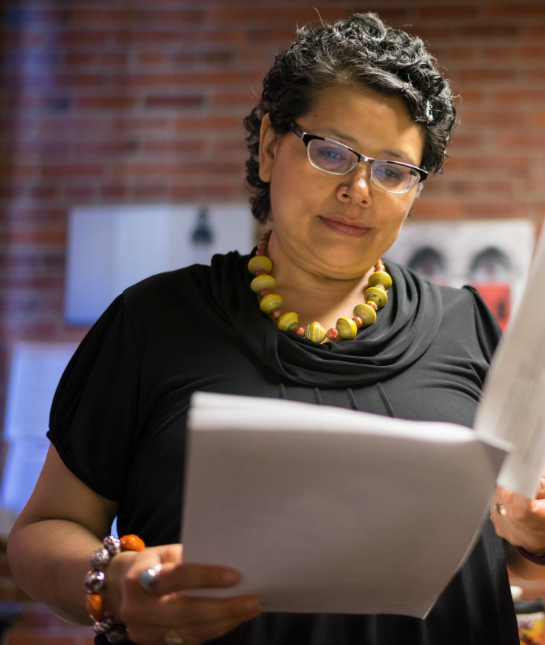
Women, like men, derive great benefits from working even beyond the regular paycheck. But when we've hit a wall or a glass ceiling, a career counselor can be a great way to find out where to go next, or whether to stay in place. Just as doctors understand how physical symptoms connect to a bigger health issue, career counselors see underused skills and know the bigger jobs where they can be applied.
Sleep Doctor
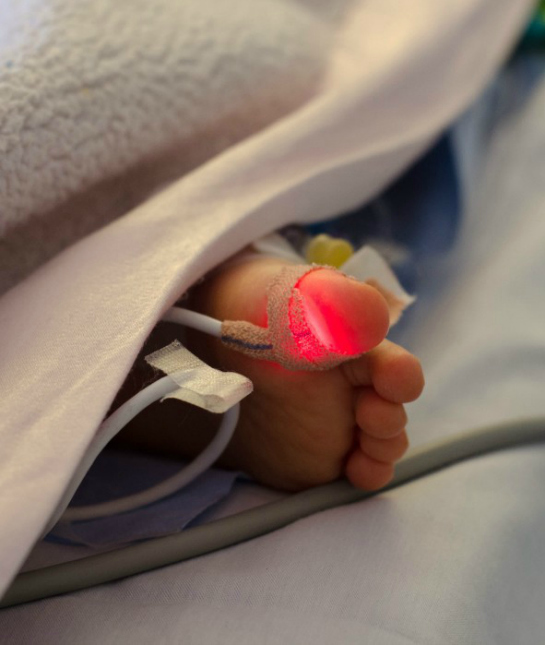
Our sleep needs change with age, but sometimes our life (and hormones and mental state) won't accommodate those changes. If you're having trouble sleeping through the night, wake up frequently or too early, or can't fall asleep at night, get a referral to a sleep specialist. You may have to spend the night in a clinic, but they'll be able to tell you whether your problem with sleep is physical, mental or both.
Genetic Counselor
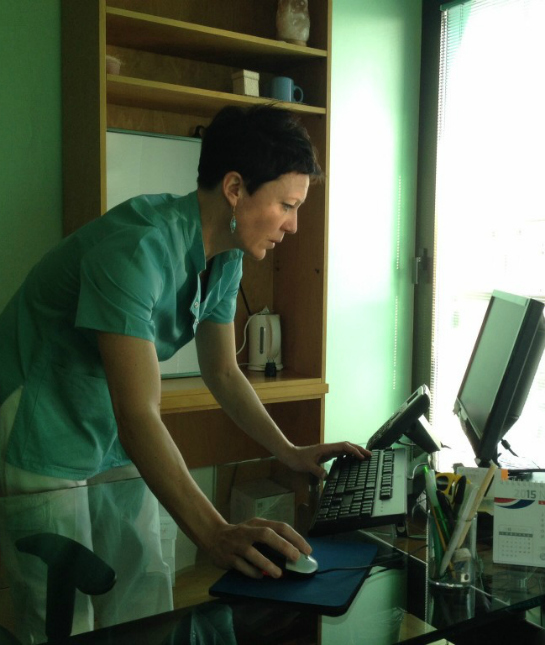
Older women who think they'd like to get pregnant, but who worry about their health or that of a possible child's, should meet with a genetic counselor. Often part of a fertility specialist or OB-GYN office, these trained professionals break down the numbers and can help you interpret the results of different screening tests you'll undergo if you do get pregnant.
Fitness Trainer

We all know exercise is good for us, mentally and physically. A fitness trainer can help you find the kind of exercise you like and a regimen that makes any changes you want. Get a recommendation from a friend, look for certified trainers and be clear about what you want: muscle gain, weight loss, endurance or better flexibility. Meet with them regularly until you've got a routine and then check in periodically to make it more interesting or level up.
Nutritionist

Food is medicine, but only if you eat the right kind. Sometimes it's hard to know what is and isn't good for us. A nutritionist is trained in knowing what nutrients we need and where best to get them. Get a recommendation for one from a friend, decide where you think you need to make changes and start eating your way to excellent health.





